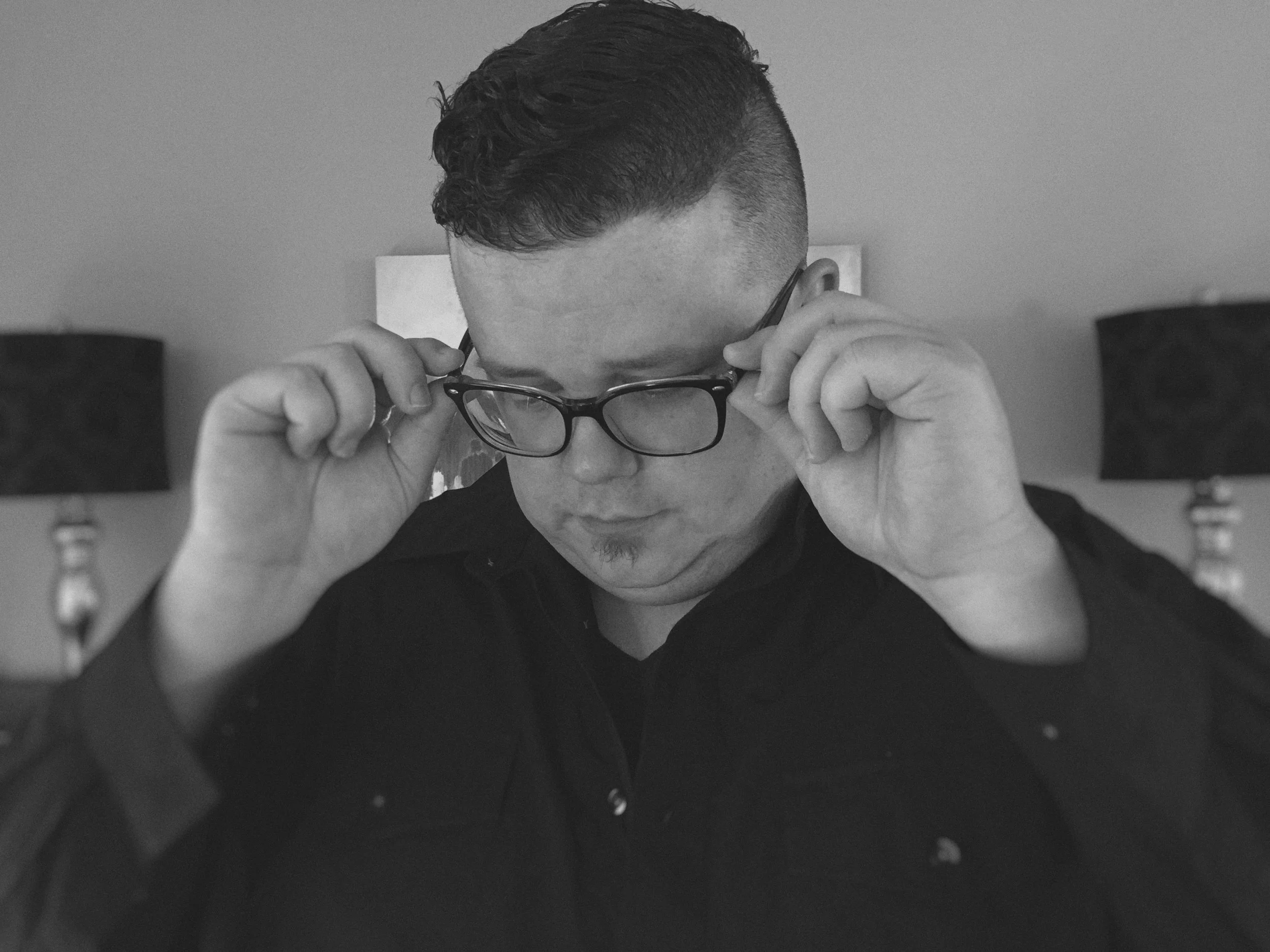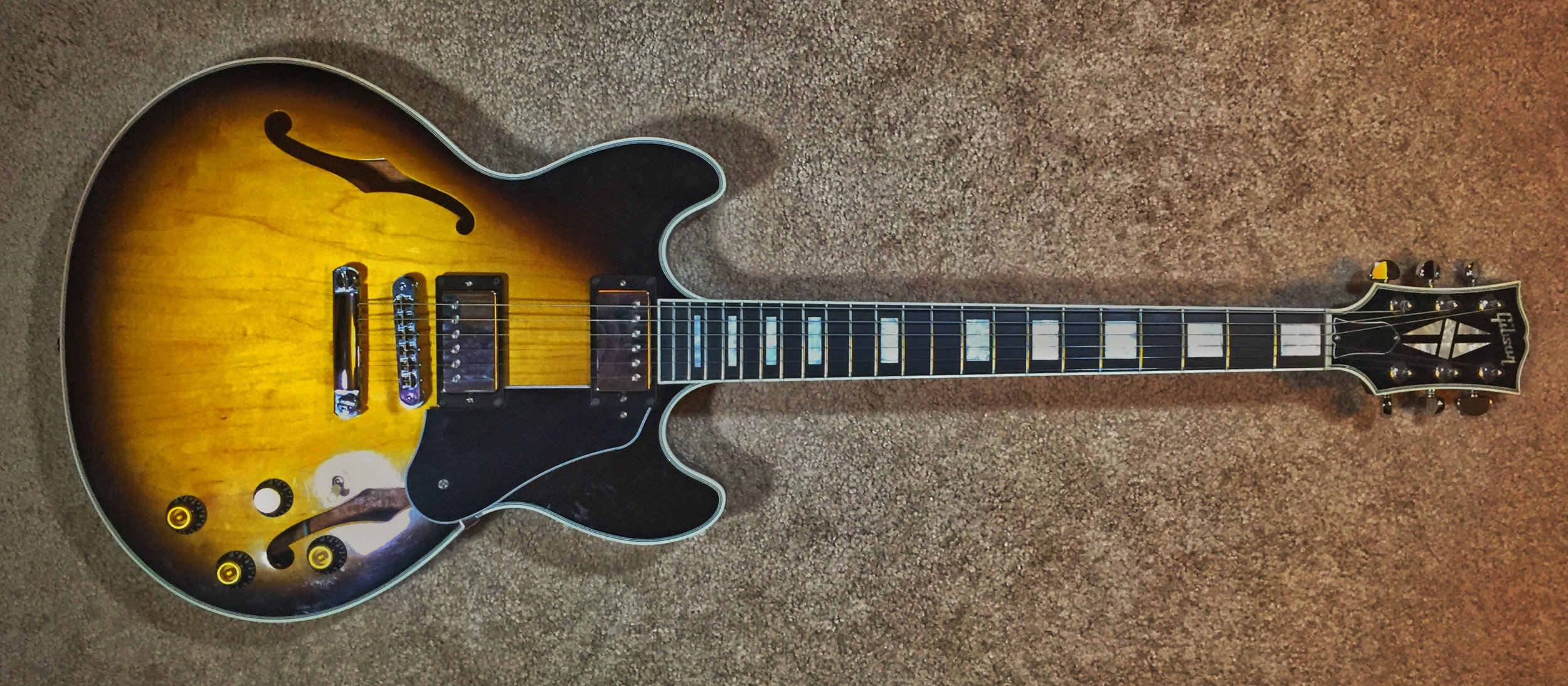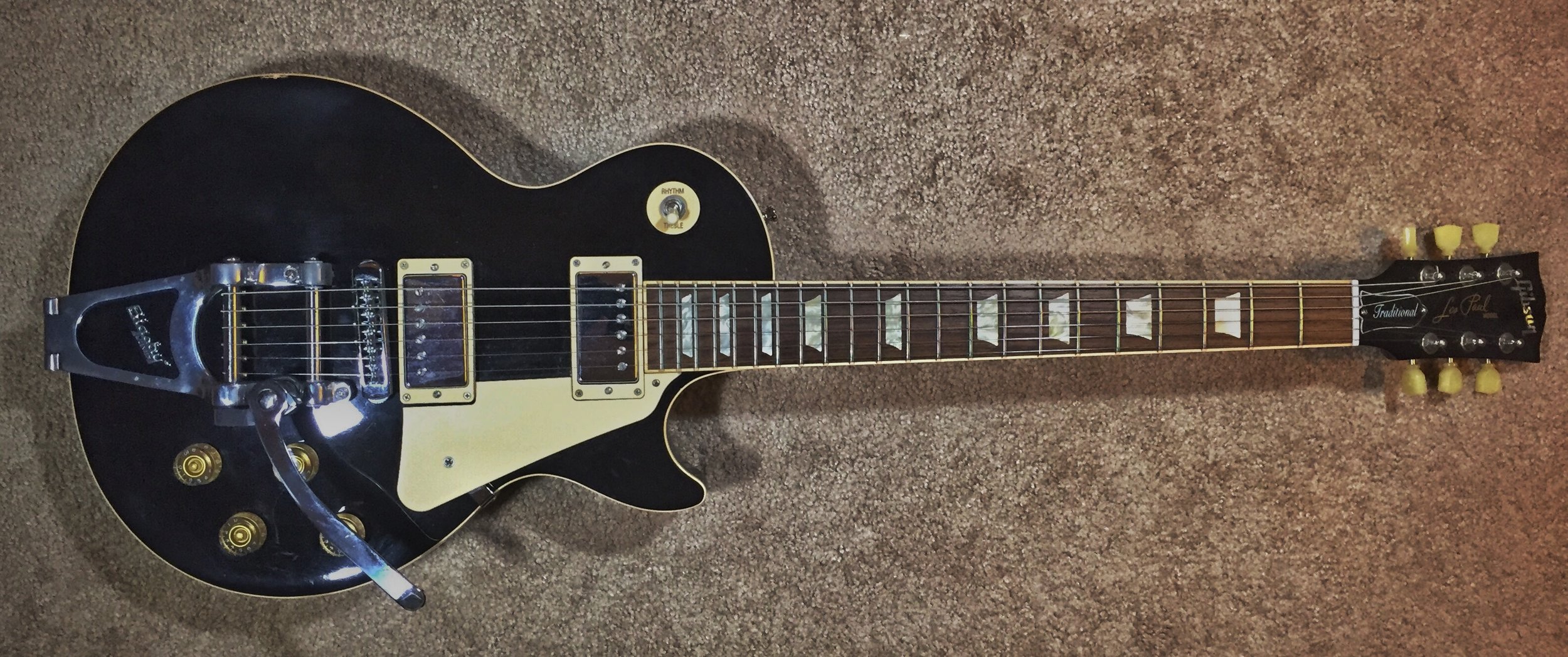To come from a sect of Christianity that seems to be at the very least fading is to at some level be an emotional refugee. This is not to make light of the plight of the ACTUAL refugees of the world, for whom there are not just emotional ramifications but physical also. But I hope you’ll give me the chance to explain.
I am realizing more and more that most people live with a community that is theirs for their lives. It can be a geographical area. It might be a religious community. It could be art or sports or … whatever it is that ties a group of people together.
For those of us that grew up as fundamentalists, we mostly attended small Christian schools or were homeschooled, in order to “protect us from the world”. Our social lives were wrapped up almost solely with people who looked like us and thought like us and acted like us. We had our own complete mechanisms for sports, arts, faith, community, etc. While we might cheer for a local sports team we likely didn’t attend many games because they played ‘bad music’ and we might see cheerleaders improperly dressed (causing lust for the boys and improper heroes for the girls).
My experience is relatively normal from what I can tell within the subset of Christianity I grew up in. We were separated from the world. We weren’t quite a cult, but it would not be unusual for it to be confused for one.
So if one chooses to leave this sect of Christianity as an adult after being raised in it for their lifetime; after having gone school in that sect; after having gone to college; after having their whole lives wrapped up in it… if one chooses to leave, they aren’t just leaving a set of beliefs, they are leaving an entire life; a community.
For those of us who left, we entered a world we were not really prepared for and had to in reality start from scratch on learning how to experience life, how to build relationships, how to build a life. We were… we are emotional refugees.
Like all refugees, we didn’t choose who our parents were; we didn’t choose our place in the world of Christianity growing up; we didn’t choose the war that was ultimately fought for our souls. We chose to leave the war but like any refugee, once we woke up to what we believed to be the truth, there was no choice but to leave for our own emotional safety.
As I look back there are times when I wish I could go back and just believe, just shut off the parts of my brain that screamed “THIS DOESN’T MAKE SENSE!” and “THIS ISN’T HOW IT’S SUPPOSED TO BE!” and just stay with the tribe that I came up with.
But my choice was made long before I understood what a tribe meant, nonetheless the importance of that tribe.
--------------------
I can tell you the moment that I made the decision to become a refugee. It takes some back story, so I hope you’ll pardon my digression here. But I think that at some level my tale of choosing to leave lays groundwork for the overarching theme.
When I was 19-21, I truly wanted to be a good Bob Jones boy. But much of me was a hard sell for the Bob Jones paradigm: I was a smart aleck; I was a questioner; I was seeking real intimacy and authenticity in relationships; I had a problem with what viewed as bad authority; I was a legalist against legalism. But I wanted to really KNOW God and see Him not just in the Scriptures but in the world around me.
The fundamentalist paradigm I grew up in felt like it was meant to squash questions, not foster them. For many families faith felt like a birthright handed down generation to generation and the knowledge of the ‘why’ was treated as though it were passed through the DNA and assumed as truth because it had always been true to those who believed it.
But when I reached young adulthood, I assumed nothing was true. I wanted to be convinced of “truth” not on the merits of those who told me it was true, but on the merits of how it held up against logic and universal truth. I WANTED to believe that what I was told was true, but could no more give that the benefit of the doubt as I could any other outside voice.
So at 18, 19 years old I tried to start from scratch. Knowing what I know now about psychology and brain science, I understand how impossible a proposition this actually was, but it was the goal. I wanted to just learn and understand and make sense of the world from an adult point of view.
I must’ve been really hard to deal with. At my worst I know I can be a demagogue and an iconoclast. I know that I can take the Devil’s advocate position too often just to try to better understand an argument I actually agree with. I know I was likely hard to lead well. I am not taking my own responsibility out of the mix here. But…
I think the job of leadership is to lovingly train and guide. My favorite teachers were the ones who kicked my butt but were fair. I can name off 7-8 teachers that I remember as being this: hard on me because they saw potential, but never unfair (even when I was likely unfair in response).
Then there were those that were ... not fair. And I can remember a clear moment when I knew that this fundamentalist life could not be for me.
In 1997, I had broken all my CCM and pop CDs. For about two years the only music I listened to was BJU-approved music. I was a new music major, I wanted to understand what I was studying and so I soaked it in. Probably the craziest thing I listened to was a CD of showtunes (BJU approved) by Colm Wilkinson or a CD of acapella pop songs (also approved) by the King Singers.
I had started a 10 member, male acapella group my first year at Bob Jones, for which I wrote and arranged. I would take old hymns and arrange in what I hoped were original ways. We would perform in Sunday school classes and Student body events, and finally we got asked to do the crème’ de la crème of performance spots: Vesper’s.
I wrote two songs for this Vespers and my group did another of my arrangements. They went through the approval process and everything got checked. We came to the day of the Vesper’s and my group performed beautifully.
I had come to Bob Jones – a conservatory level music school – with zero music training. I knew nothing about music except that I liked it and I wanted to compose. I had never heard of music theory. And in two + years I had learned to arrange and write music good enough to be featured in the school’s premier service. I had given up pop music. I had given up CCM. I wanted to fit in. I wanted to be what they wanted me to be.
Rodeheaver Auditorium – the venue at the time for Vesper’s – did not really have a backstage area. So if your exit was on one side of the Auditorium and your next entrance was on the other, you were forced to go down two levels into the sub-basement, cross through scores of years of old props and set designs from old operas and Shakespeare plays, and then enter a stairwell, head up two flights of stairs up into the green room.
On the day of Vesper’s, during the second of two services, I was crossing over to go to the green room and as I entered the stairwell I heard my name echo down from at least two stories above me. I stopped. I quietly shut the door behind me and listened as two familiar voices – two professors I studied with in the music department – proceeded to eviscerate me and my acapella group as a disgrace to the high standards of Bob Jones University. They talked about my lack of character. They talked about my rebellious heart. They spoke about me as though I were unworthy of the education I was receiving.
Maybe the things they were saying were true. I have admitted my general shortcomings above. I am not free of blame. I can only own my own choices. And some of my choices in my life have been faulty.
But I think you can understand the feeling of betrayal and the utter deflation I felt in that moment. They eventually finished their conversation and left the stairwell, as my heart was rent in two.
I walked up the stairs, and into the green room, where one of the same professors I’d just heard trashing me, stood in front of me and gushed about how incredible what I had accomplished was and how amazing my compositions were and how incredible it was for a student to pull together such an amazing experience.
That was the moment I became a refugee.
Sure, there were other moments of betrayal. There were other heartbreaking experiences. But that was the one that I remember being the end of my trying to fit in this world into which I had been born. I hear people talk about my time at BJ, and the thing that they always say is, “You just never fit.” And it’s probably true. And they don’t say this with malice, but with what I think is probably compassion and sadness.
But that was my community, my tribe, my people. If I didn’t fit there, where do I fit? And for those of us who don’t fit, where do we go?
--------------------
The human condition is tribal in nature. At our lowest level, in our lizard brain, we desire to be in community. We are different from other mammals in that we can be in community with a large – but still limited – group of people at once… not only that we CAN be but we SHOULD be in community with a relatively large group of others.
Your childhood and young adulthood likely didn’t look like mine. There aren’t a lot of people whose childhood does. But what we have in common is that we need people – true friends – in order to be emotionally well, and when we don’t have that tribe, we can never live life truly to its fullest.
The human brain plays tricks on us, though, doesn’t it? When we’ve been hurt, it convinces us that the answer is protection; but in reality connection is the cure for all our woes. When we choose emotional connection over hiding – even when it’s painful and scary – we open up and relax parts of our brain that inform how full we believe our lives to be.
I’ll readily admit that while I sought friends beyond leaving my childhood tribe, I didn’t understand the true need for open and true community. Honestly, I don’t know that I had the emotional well-being until the last year to 18 months to actually, truly be in communion, in true emotional connection with others. I lived life with the appearance of intimacy but still keeping people far enough to not hurt me.
That day in Rodeheaver Auditorium broke a piece of me. I know it did. It was a life-defining moment, in spite of my desire to not let it be. I felt I couldn’t trust authority; I couldn’t really submit to a system; in a strange way in leaving legalism I became legalistic. And while it gave me the sense of emotional survival for most of my adult life, in reality it kept me from what I desired the most: true intimacy within a community of people who loved me and I loved in return.
And my guess is you’ve lived through heartbreak similar to this. Maybe it had nothing to do with faith or religion, maybe it did. Maybe it had nothing to do with being rejected by authorities, but was loved ones or friends instead. Whatever it was, maybe you feel a piece of you is hurting and missing. You desire this intimacy and community but have never quite figured out why you feel this way or who that community can and should be.
First off, I hope that this piece has helped you understand that you are not alone.
Secondly, I’d encourage you to get help emotionally. I have been in therapy now for nearly 5 years, and it has legitimately changed my life, revolutionized my worldview, allowed me to heal and forgive my past, and become more of the man I know God has called me to be. Good therapy/counseling is life-changing. You must be dedicated to honesty and humility – honesty so that you can admit where you’re truly at so an outside voice can suggest how there might be better ways to look at the world and humility that is willing to admit failures and to fix them.
Thirdly, search within yourself and find the desire for a tribe, for community. Once you see it, figure out what emotions – negative or otherwise – surround that desire. Is it fear? Sadness? Joy? Peace? If you can figure out what emotions drive your lack of community (if there is a lack) it will revolutionize how you can build community.
Finally, build a tribe or join a tribe. Find the group of people you can surround yourself and grow and love and be loved in. We need community. It is in our nature and goes back as long as humans do. Don’t try to shake it to protect yourself, lean into it.
You might be an emotional refugee, but the beauty is that even refugees can find a home and find a new tribe. I know that that is my goal for my life. I hope if you feel like you're lost, that you can find a home. Don't be a refugee.









